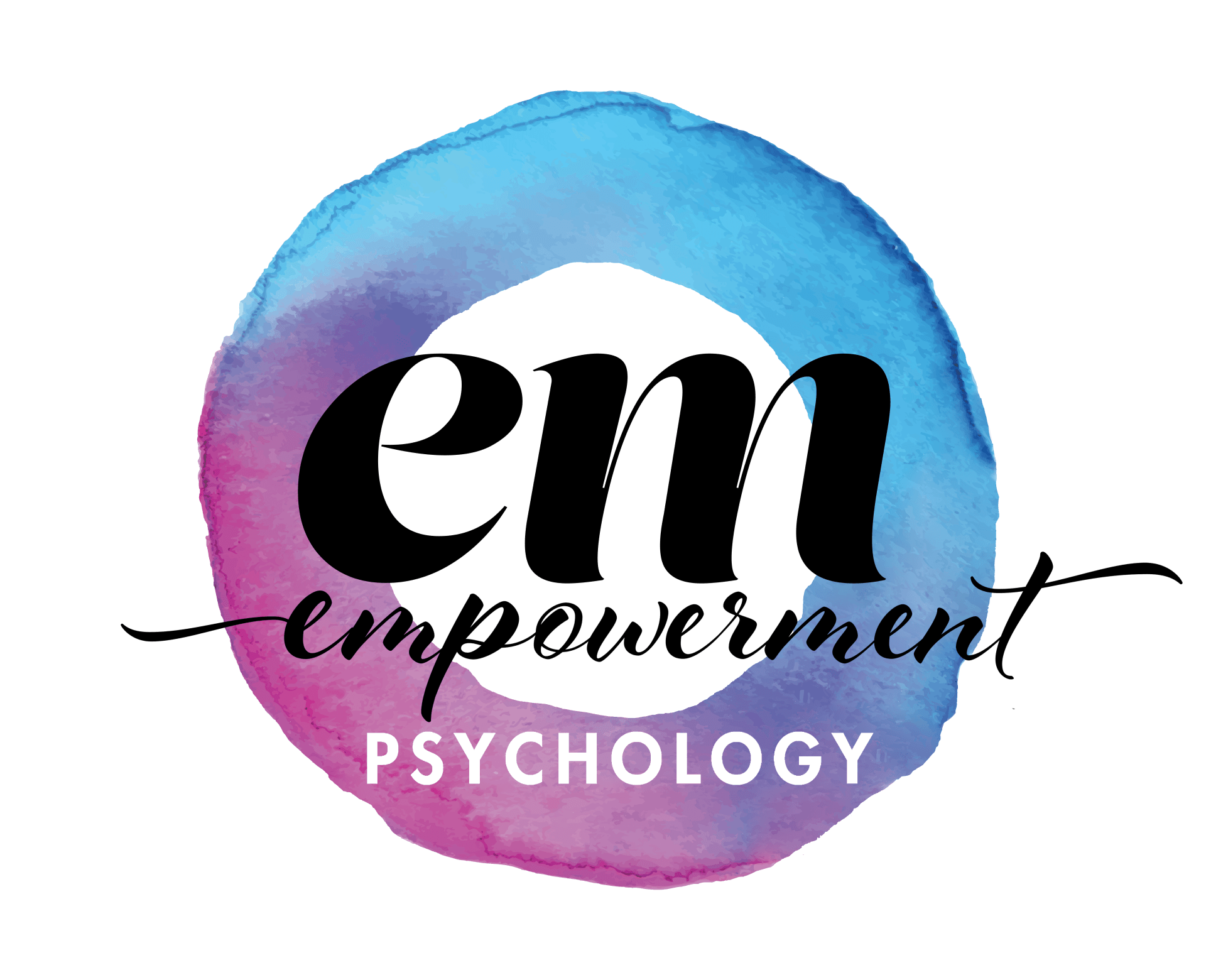Psychological Therapy
Psychological Therapy is the comprehensive and intentional engagement between therapist and client for the healing, growth or transformation of emotional, physical, relationship, existential and behavioural issues, or of chronic suffering, through well-founded relational processes. The aim of Psychological Therapy is to support increased awareness and choice, and facilitate the development, maturation, efficacy and well-being of a client.
Psychological Therapy involves what is known and what may not be known in personal functioning, usually referred to as “conscious and unconscious factors”. Through a holistic perspective it encompasses the mental, emotional, behavioural, relational, existential and spiritual health of a human being.
A psychologist engages with a person or group in a co-created process of deep listening and empathic exploration of experience. Together they may explore social factors that shape an individual’s life experience, behaviours, and values that shape their understanding of who they are in relation to others, and how they create meaning. Aspects of problem solving are integrated into an affective approach that involves deep structural adjustment of the psyche and encompasses the context of the whole person.
Psychological Therapy may be short or long term depending on many factors including the modality of Psychological Therapy, education and experience of the practitioner, level of the clients physiological and psychological disturbance, client choice and the willingness of the client to engage in the process of change.
What does a Psychologist do?
Psychologists and clients work together to understand conscious aspects of the momentary experience of the client as well as bringing aspects that are out of awareness into awareness through diverse psychotherapeutic processes.
A key element of the practice of Psychological Therapy is the interpersonal relationship between the psychologist and the client. The interaction between therapist and client provide the relational encounter through which the client becomes aware of repeated patterns and ways of relating and develops insights, abilities, understandings and ways of being in the world.
Together, psychologist and client may refer to personal story, experiences in childhood, relationship history, imagination, hopes for the future, physical and psychological illness, and current relationships as well as matters of identity, which may include sexuality, spirituality, religion, ethnicity or culture.
What Issues does a Psychologist deal with?
Many people enter Psychological Therapy because they are curious about themselves. They may seek to gain a more accurate and fuller picture of themselves, insights into why they behave the way they do, why they relate the way they do, and understanding of patterns that play out in their life.
Some clients are functioning satisfactorily and are seeking connection, revitalisation, meaning and increased creativity.
Other people come to a psychologist because they are experiencing discomfort, dissatisfaction, behavioural or relationship disturbances or suffering in their lives. Some are wanting a more stable, deeper exploration of issues that they may have been helped with by other professionals to deal with on a largely functional level as distinct from an internal transformational experience.
Psychologists work with people who have a wide range of presenting concerns. Some such concerns are: depression, anxiety disorders, personality disorders, eating disorders, self-harm, illness, addiction, grief, trauma, abuse, relationship difficulties in personal life or at work, communication, intimacy and commitment problems, and a yearning for more from life.
What outcomes can be expected?
Psychological Therapy supports a process of change. A person may come to understand patterns of discomfort, dissatisfaction or suffering in their life. They may make meaning from this and be more able to make conscious choices that lead to a different experience of themselves and the world.
A person can develop a greater capacity to be in charge of their life, empowered and self-directing while sensitive in relationship with others. They may experience increasing joy, meaning, peace of mind and heart, intimacy with others, purposefulness, insight, creativity and self-knowledge.
The process of Psychological Therapy addresses deeper value, meaning and purpose of existing conditions and alleviates dysfunction in a person’s life. In addition, it goes further and addresses the foundations of longstanding patterns, supporting improved functioning. It can promote healing and integration of traumatic experiences and expand the responses that emerge in clients’ physical and emotional reactions and their thoughts and behaviours.
What To Expect
1. Reaching Out for Help
Once you have decided to seek help and we have received your referral, either from your GP or other source my admin will contact you to make an intake appointment.
2. Getting to Know You
At the intake appointment your psychologist will ask you lots of questions to find out what is going on and to formulate a treatment plan.
3. Formulation and Treatment Planning
At the end of the session a treatment plan will be agreed upon. It is important to remember that you are the best person to know what feels right for you and if the treatment sounds like a good fit.
4. Treatment
After the intake appointment the next appointment will start the therapy process. Sessions are typically 50 minute sessions. This will typically involve a check in to see any issues that have arisen since last session. Your psychologist will teach you skills and support you to achieve your mental health goals identified above.
5. Relapse Prevention
These sessions teach you how to maintain the positive changes you have made.

